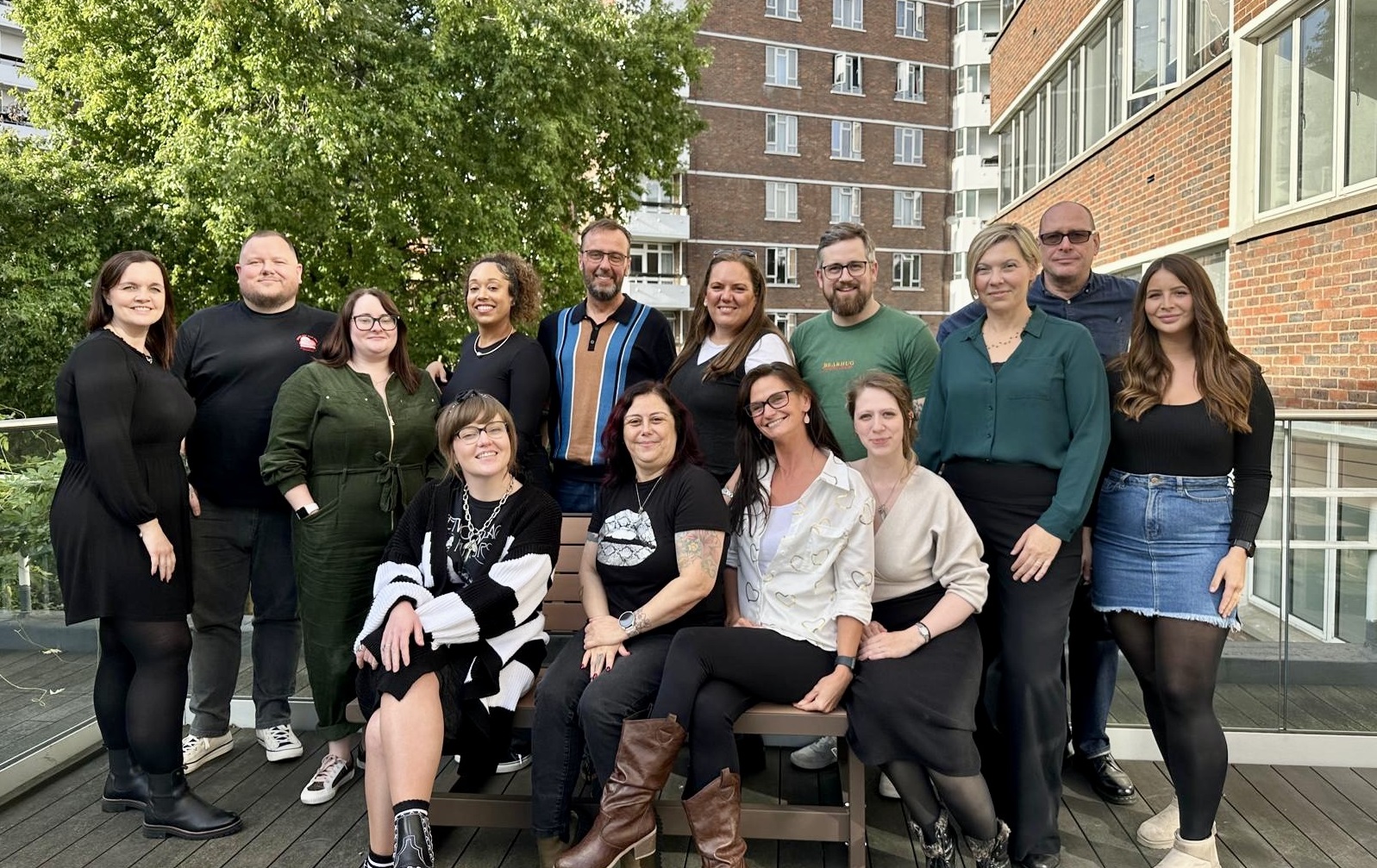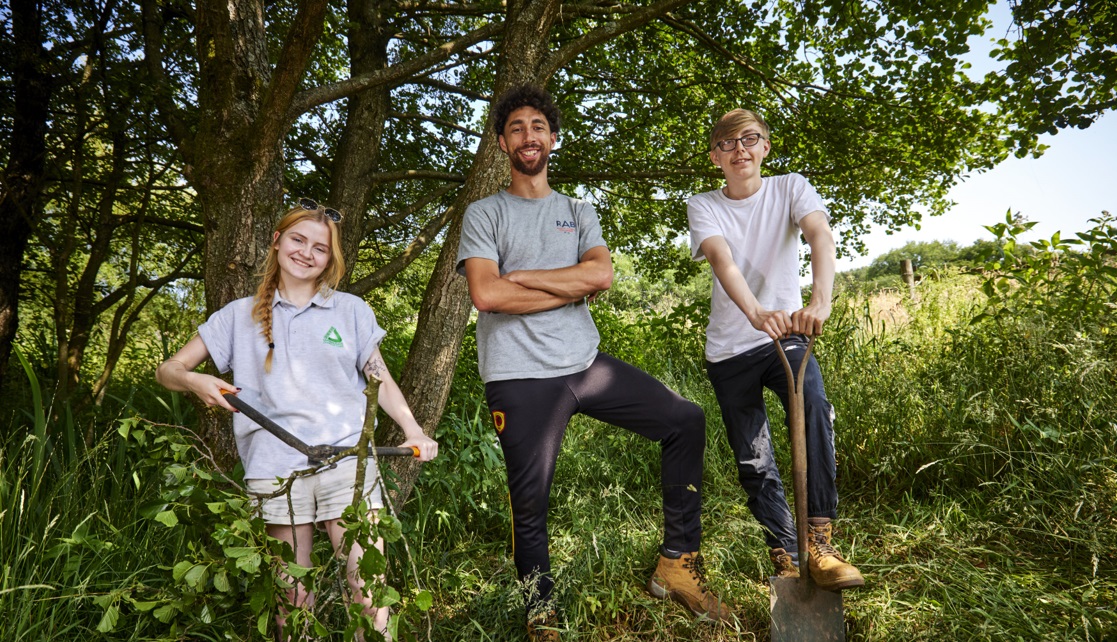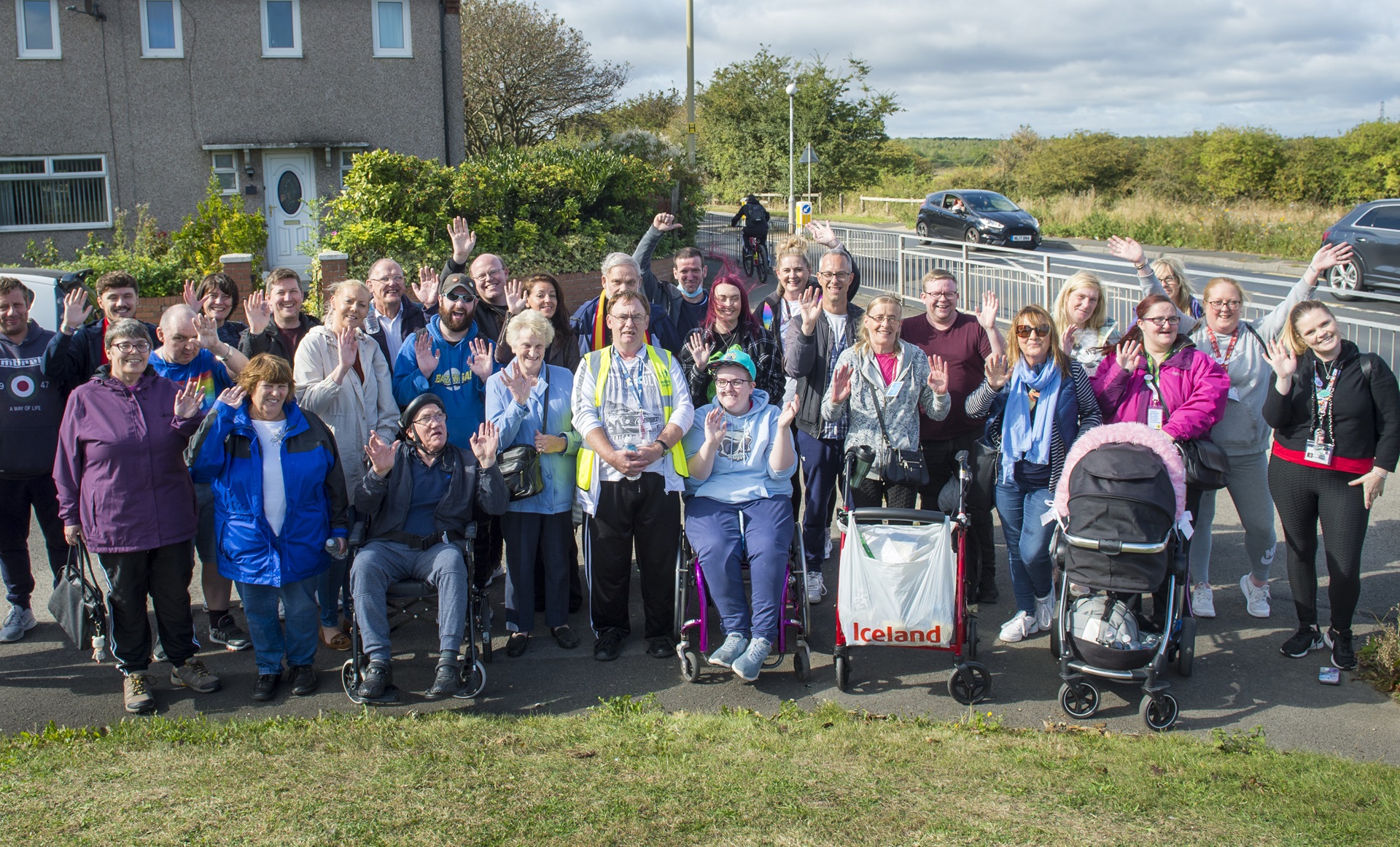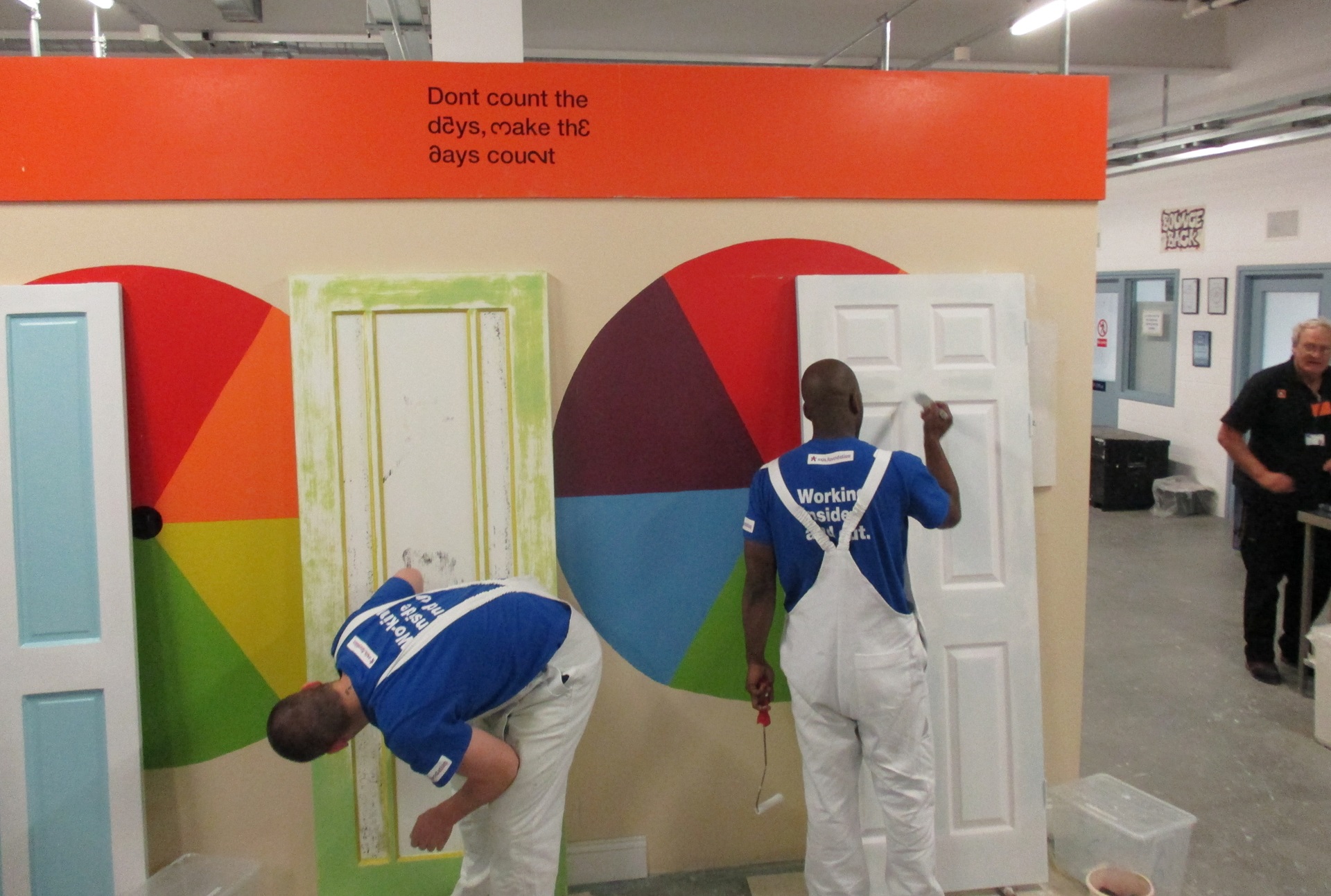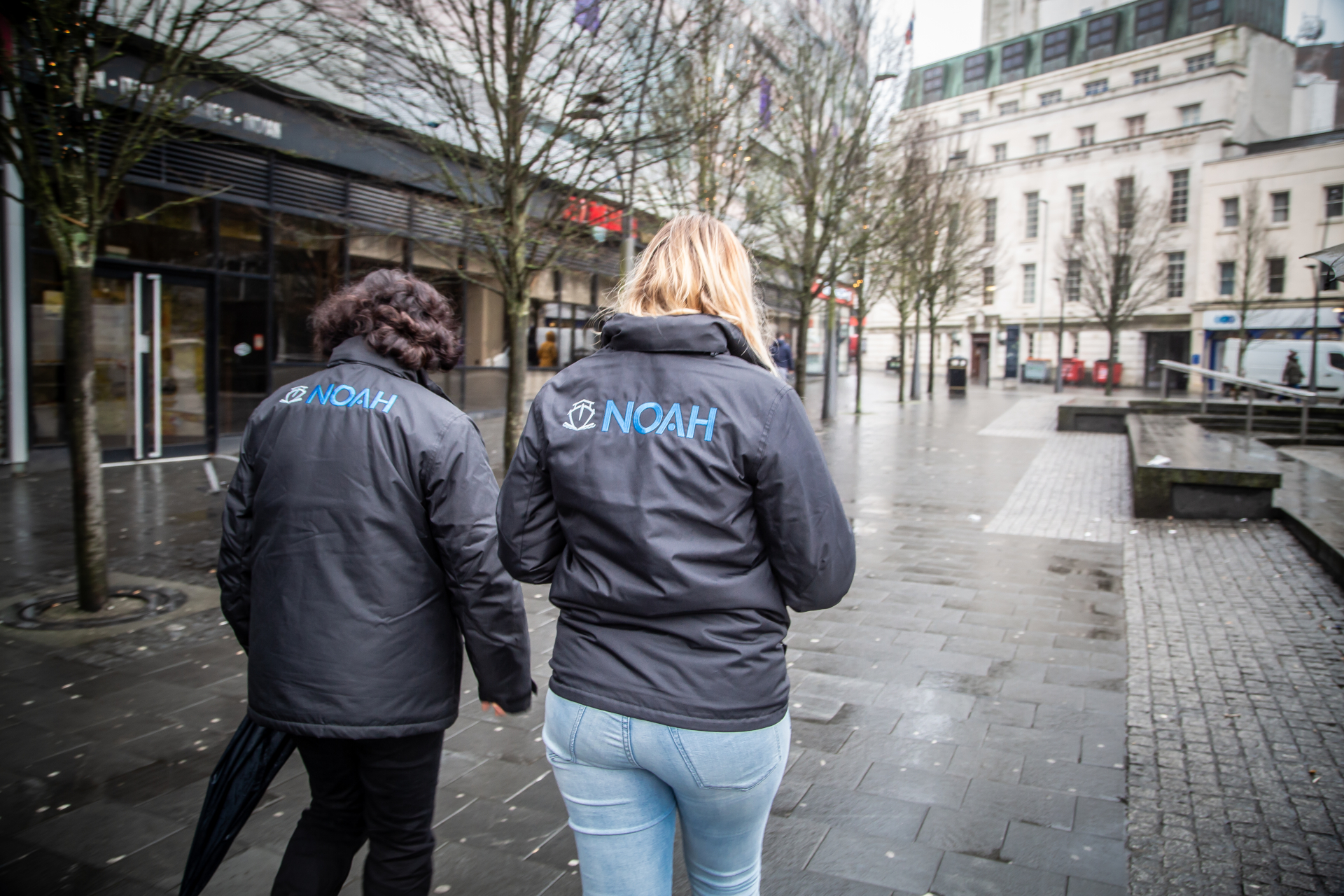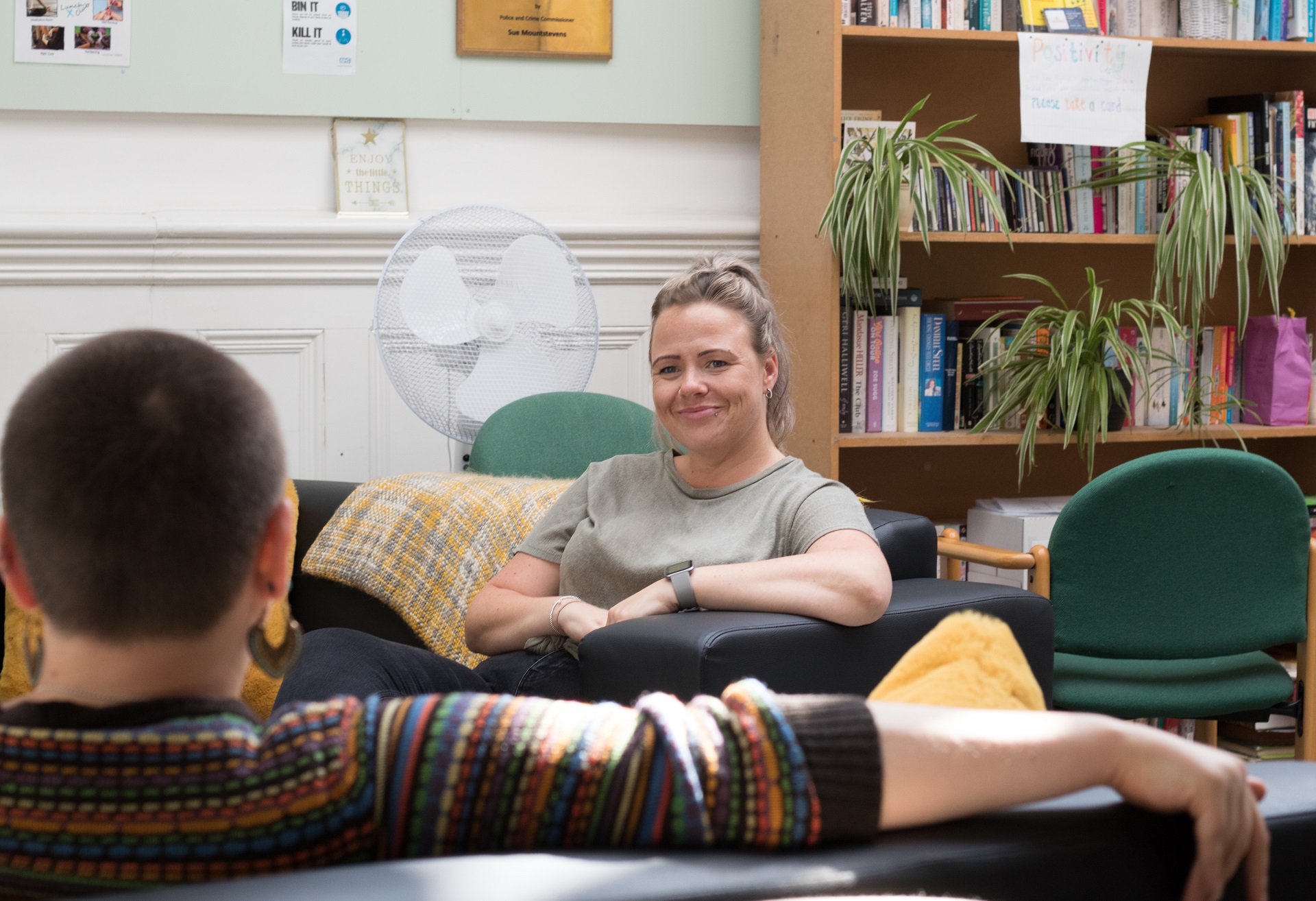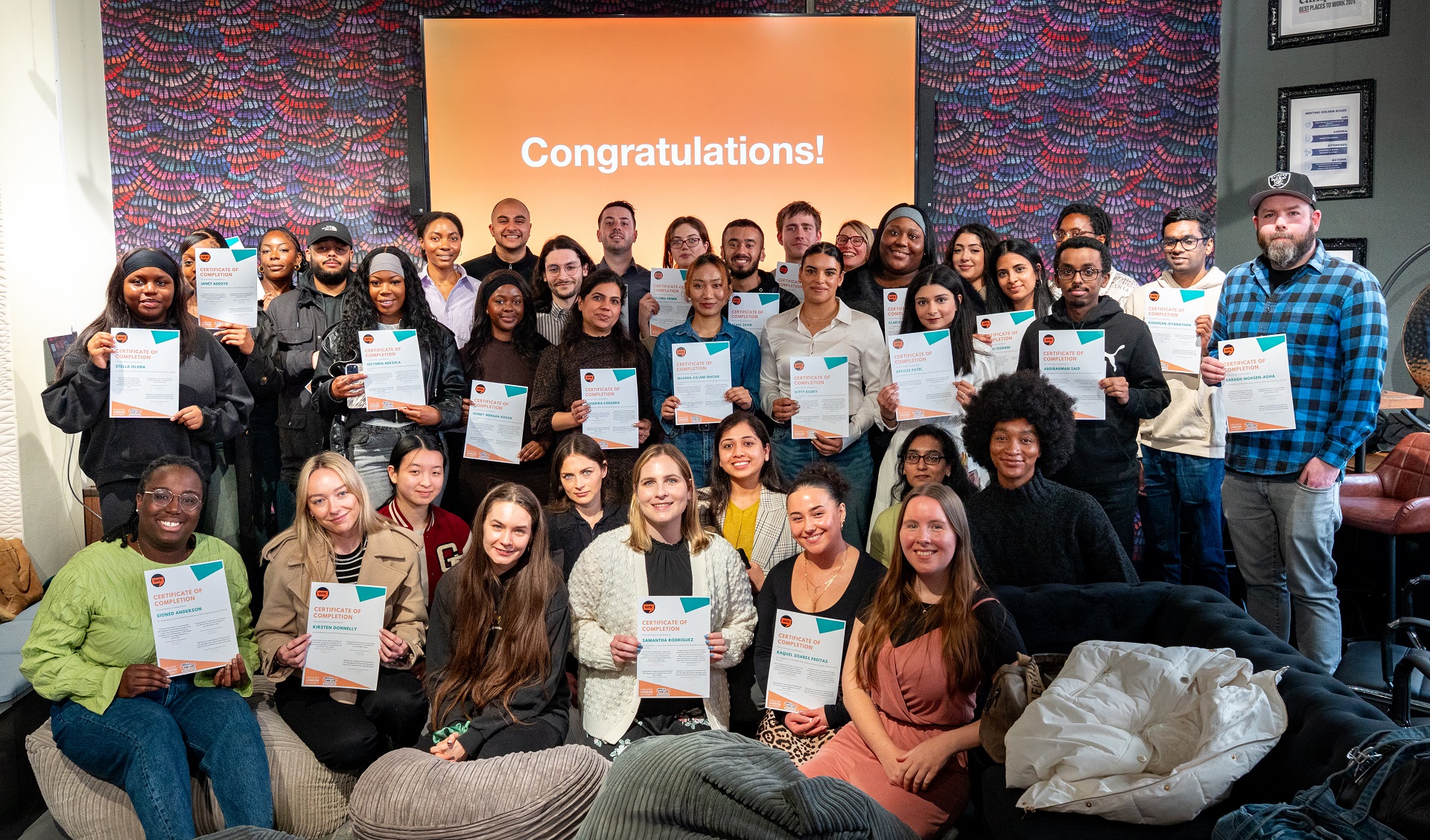
Case studies for VCSEs
WYK Digital
WYK Digital (WYK) is a social enterprise set up to ensure that ‘what you know’ outweighs ‘who you know’ in the digital sector. Founded in 2020, it’s on a mission to lower the barriers to entry into digital marketing and technology jobs for young people from underrepresented backgrounds. It does this by running free full-time courses running from 8-14 weeks, focused on specific jobs within the digital careers space. These offer not just technical training using tailor-made, hands-on syllabuses but also help participants develop the soft skills needed in a work environment, such as how to communicate effectively and collaborate with peers. Programmes are set up to meet the criteria of exactly what employers are looking for ensuring that when trainees apply for a job, they are fully prepared. Something that really sets WYK apart and which Rob Jackson, their Founder, describes as its USP, is that after a month of deep dive work on a given digital discipline, participants spend two weeks running live campaigns for a real business. WYK works with 200 small businesses for whom trainees run digital marketing projects using real money. As Rob puts it: “There’s that whole thing of you can't get the job without the experience and you can't get the experience without the job - we give them that real world experience as part of the programme and so they've worked in a professional services environment, with a real client and real budget, and the challenges that come with that.” Around 69% of trainees report going into either full-time work, self-employment or further training after completing programmes. WYK has supported a remarkable 1,000 young people in just four years. In 2024, it helped 400 people gain vital skills and is aiming to support a further 600 in 2025. How does WYK work with government departments? WYKs courses are funded by the Department of Education’s (DFE) Skills Boot Camps, for which WYK won a competitive tendering process. The business is on the DFE’s dynamic purchasing system (DPS) – a platform allowing organisations to respond to callouts for contracts that became available through the department. DPS’s are a great way for VCSEs to engage with government procurement as being on one can cut down procurement times. Sometimes if you’re not on a framework you cannot bid as they effectively are a pre-qualification process. WYK responded to deliver services on the Skills Bootcamp, putting in three bids across three different areas, namely performance marketing (including training on paid online ads), digital bespoke programmatic marketing and ad-tec, and data analytics programmes to upskill young people to become data analysts. The contract is a two-year one with the first half delivered in 2024 and the second half in 2025. What were the main benefits to the DFE of working with WYK? As a social enterprise whose articles of association commit it to lower barriers to entry for underrepresented young people, WYK can showcase extensive impact supporting people launch sustainable and meaningful careers. Just under three-quarters of trainees are from minority ethnic backgrounds and over half come from the three lower indices of multiple deprivation deciles. As Rob puts it: “We can show that not only are we getting people into work, we're actually helping people who would really struggle with the barriers that they're facing to get into meaningful employment.” With the purpose of the contract being to support more people into work, another benefit that WYK brings to the delivery of the contract is its “incredibly strong ties to the industry” with its biggest partners being the largest advertising companies in the world, including Omnicom and GroupM. Out of the big six advertising businesses, it works with half of them. It has a deep and wide relationship with Omnicom, with the business having hired 150 of WYK’s trainees over the last four years. Partnering with WYK not only benefits the young people on programmes but also businesses looking for the best talent. WYK has essentially “de-risked” the recruitment process for them as they’ve supported businesses “access upskilled talent they can have confidence in.” The quality, strength and impact of the social enterprise’s programmes can be summed up by Omnicom telling them that “the best entry level candidates they have coming into the business are from WYK”. How does this benefit the DFE? In short, as well as creating jobs for people traditionally shut out from the tech industry, WYK’s close and trusted relationships with businesses enables a pipeline of motivated, talented young people who themselves are transforming the dynamics of the digital sector. As Rob puts it: “We get the outcomes, we have the ties to business and we can also really point to our impact when it comes to the types of people that we’re supporting.” Top tips for VCSEs looking to work with central government departments A top tip from Rob for other VCSEs looking to work with government is to “lean into the support that’s out there” from organisations which exist to help social enterprises and charities access government money. WYK have been “massively helped through resources from organisations like Social Enterprise UK, by Hatch who carried out an impact accelerator for us and by the School for Social Entrepreneurs.” Based on a conversation with Rob Jackson Founder of WYK Digital wykdigital.com
4 min

